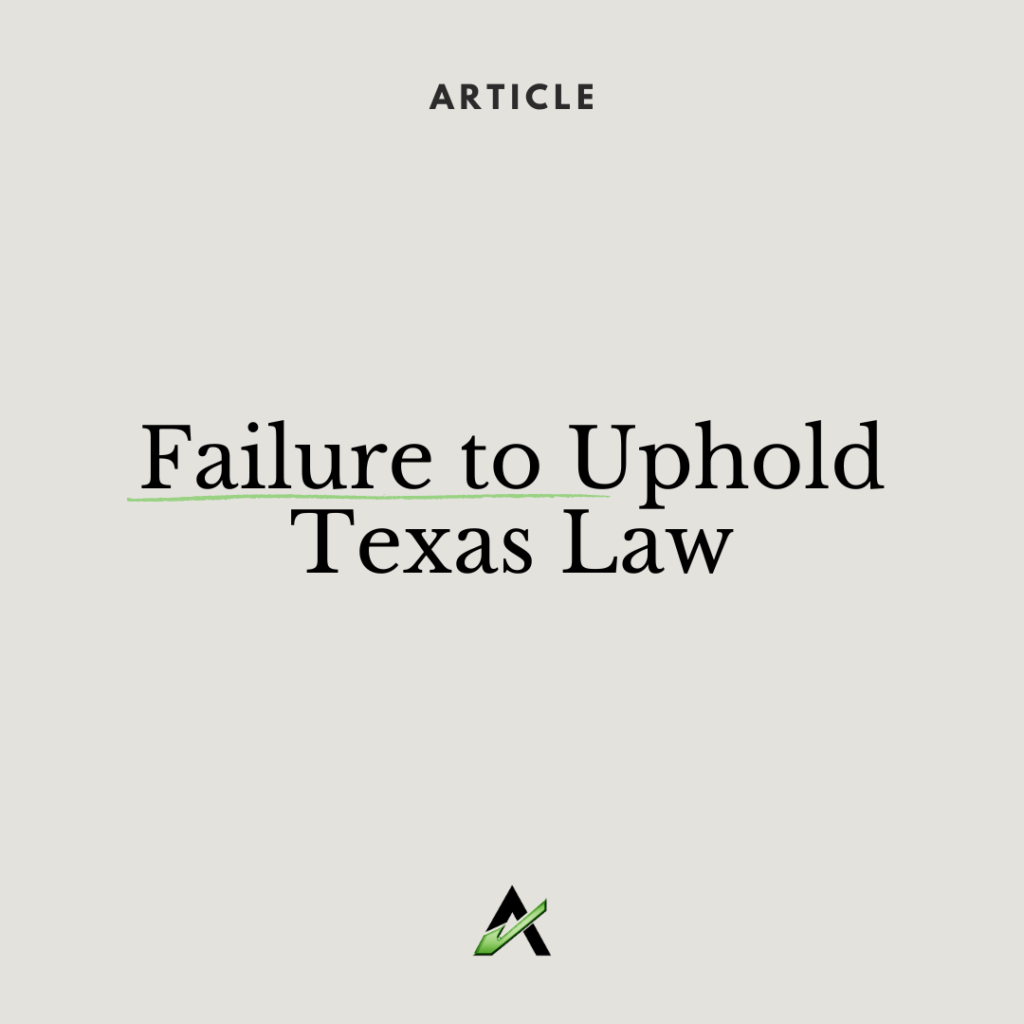Election Integrity suffered a loss when a Texas appeals court overturned the conviction of Crystal Mason. Mason had been sentenced to five years in prison for attempting to vote illegally as a felon on supervised release.
Second District Appeals Court Justice Wade Birdwell ruled that the evidence that she knowingly committed the crime was not sufficient. Mason claimed she did not read the affidavit that she signed on her provisional ballot. That affidavit included language stating, “I am a resident of this political subdivision, have not been finally convicted of a felony or if a felon, I have completed all of my punishment including any term of incarceration, parole, supervision, period of probation, or I have been pardoned.”
Crystal Mason’s original conviction was in 2011 when she pleaded guilty to inflating tax returns while working as a tax preparer. She was sentenced to 60 months in federal prison and had served roughly 3 years when she was allowed supervised release.
The fact that Crystal Mason could not be found on the voter rolls when she went to vote should have been her first clue that she wasn’t supposed to vote. Felons are removed from the voter rolls upon conviction. Instead of walking away at that point, she chose to complete a provisional ballot.
As someone who used to prepare tax returns, she should have known the importance of reading the fine print and understanding what she was signing. She knew she was on supervised release and had to closely follow the law or be sent back to prison. That language was put on the affidavit to protect her from breaking the law.
So much of our Election Code is dedicated to ensuring that the proper language is on balloting materials so that people do not accidentally run afoul of the laws in place to protect the security of our elections. “I didn’t read what I was signing,” cannot be an acceptable excuse. Would that argument work on any other government document?
We must be able to hold people accountable when they violate election law. Just like any other law, ignorance is not an excuse. It is especially not an excuse when the law is explicitly stated on the document you are signing.
This is also an important lesson for poll workers. While they are instructed to not deny a person the opportunity to complete a provisional ballot, they need to be very careful in how they present that option. It would be helpful if they could testify in court that they instructed the voter to read all of the fine print carefully.

